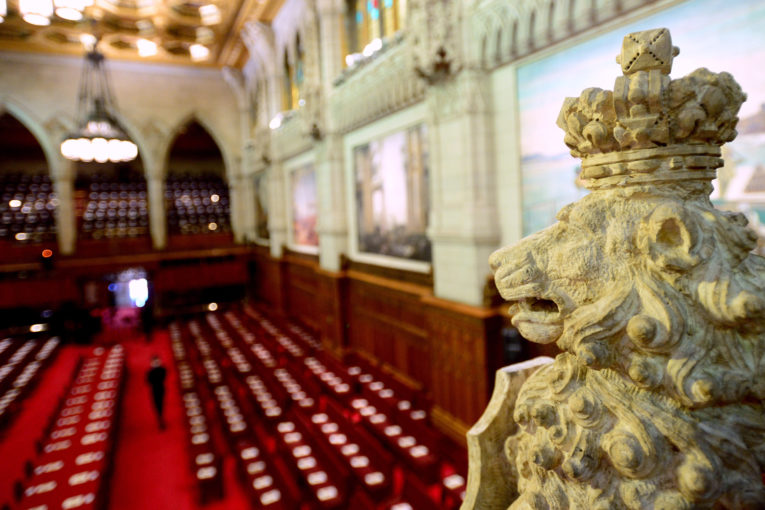
It’s frightening to realize that beginning Wednesday, Alberta’s economic future lies in the hands of — gulp! — the Senate of Canada.
Senate hearings start into the Liberal government’s Bill C-69, which threatens the prospect of any major pipeline construction in Canada, ever again.
During an in camera session Tuesday, the Senate’s committee on energy, the environment and natural resources agreed to hold public hearings in every region of Canada.
“I see this as very positive,” says Alberta Sen. Doug Black, who has long pushed for travelling hearings. He expects the committee to hear bitter opposition to C-69 from coast to coast to coast.
Much has been written about Bill C-69 and the conclusions are often conflicting, precisely because the bill is so amorphous that it’s open to many interpretations.
But here’s one powerful theme:
Bill C-69 makes pipelines and oil and gas secondary to a wide array of aspirational social goals, worthy in themselves but only mystically connected to a run of pipe carrying oil to a destination.
The official “Factors to consider” when assessing projects include: “The health, social and economic effects, including with respect to the intersection of sex and gender with other identity factors.”
A person can be socially progressive while recognizing what a pile of woes these criteria would unleash against a pipeline application.
Groups that want no new pipeline ever, under any circumstances, could use sex, gender and identity to stall projects.
It’s also alarming that a bill relating to energy and development falls under the aegis of Environment Minister Catherine McKenna.
You’d expect such a bill to come from the minister of energy, or transportation, or even finance, since the economic implications are so enormous.
“But it’s the minister of environment who holds the hammer,” says Black. “The pause button on a project can be pushed by this minister, or cabinet, any number of times.”
Alberta Sen. Doug Black says he expects to hear wide-spread opposition to Bill C-69.
The Senate’s job is to propose amendments that would quash the most spectacular cases of regulatory overreach. But those changes would then have to be accepted in the Commons.
“The Senate can develop the most beautiful set of amendments ever, but if the prime minister (Justin Trudeau) does not wish those amendments to become law, this whole exercise will not result in better legislation,” says Black.
He hopes the Senate hearings “will help to underline to the prime minister that Canadians care very deeply about the damage this bill can do to our economy.
“It’s an appalling piece of legislation, appallingly drafted. It doesn’t hang together and it has the wrong emphasis. What should be gone is the whole bill.”
Since that won’t happen, Black says two major flaws must be fixed.
“There is way too much political, ministerial discretion allowed under C-69.
“This should be about responsible development of resources in Canada. This cannot be about political whim. But it’s heavily tilted towards political whim.”
Related
Black adds that proponents must know from the start that if the regulator approves a project, the government will agree.
But that’s not how it works. The bill states that regulatory approval is “final and conclusive”— unless cabinet says it isn’t.
As third and final reading of C-69 looms, the last thin line of defence is the Senate, which itself is hardly a reliable advocate of Alberta interests.
This province has six senators. Ontario and Quebec each have 24. This is not the United States, where each state has an equal number of senators.
All this makes the decision to hold Senate hearings all over Canada absolutely crucial. If enough interest groups and regular folks see the bill as deeply damaging, Trudeau might just be moved.
As it begins, let us raise a cheer unheard in all our history. Go Senate.
Don Braid’s column appears regularly in the Herald.
Twitter: @DonBraid
Facebook: Don Braid Politics
You can read more of the news on source
